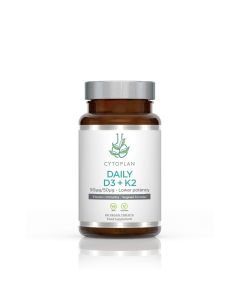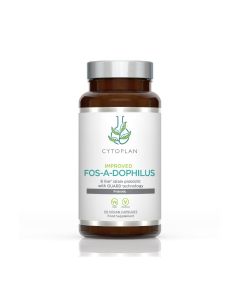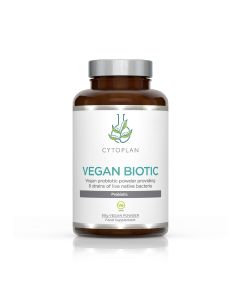What do probiotics do in our bodies?
Probiotics can help to regulate our gut flora which can, in turn, assist in digestion, vitamin production, providing structural integrity to the gut lining barrier, protection against pathogens, and serve as a communication centre. Our gut microbiome, therefore, plays a pivotal role in the regulation of metabolic, immune and endocrine functions and can have far reaching effects on our health.
Digestive – an imbalance in our gut flora, or “dysbiosis” can lead to several IBS symptoms such as diarrheoa, constipation, and abdominal pain, for which probiotics can be safe and effective at relieving through balancing our gut bacteria. They have also been successfully used in preventing antibiotic-associated diarrheoa.
Immune – Probiotics also work by modulating the immune system, which is unsurprising when you consider that more than 70% of immune cells are located in the gut. Probiotic bacteria such as Lactobacilli and Bifidobacteria, trigger different effects on the immune system, from stimulation of gut immunity at local level: producing local, first line immune molecules like secretory IgA, to systemic responses, lowering the levels of inflammatory molecules.
Cardiovascular - by lowering inflammatory molecules such as C-reactive protein (CRP), probiotics could also contribute to protection against cardiovascular events. Accumulating evidence shows probiotics have the ability to lower LDL-cholesterol and improve the LDL/HDL ratio, as well as lowering blood pressure, blood glucose levels and body mass index – and thus may provide several cardiovascular health benefits.
Skin – conditions such as acne are thought to be associated with the specific bacterial strain Propionibacterium acnes. This bacteria is found naturally on the skin and can become an opportunistic pathogen (in overgrowth) when conditions are out of balance – and because the gut and skin microbiomes are closely linked, supporting your gut health with a probiotic could help support healthy skin. Multiple studies have also linked probiotics to an improvement in the severity of eczema symptoms.
Mood – there are strong correlations between the gut microbiome and brain health, and probiotic supplements have been shown to improve symptoms of depression. A deficiency in serotonin, the key neurotransmitter responsible for regulating mood, can contribute to depression and anxiety, and because 95% serotonin is made in our gut, maintaining a healthy gut microbiota can promote the production of serotonin and improve symptoms of low mood. Probiotics have also been shown to reduce feelings of anxiety in human studies.
Sleep – the gut and brain talk to each other via the “gut-brain axis” and your microbiome plays a crucial role in this two-way communication. Both fragmented sleep and short sleep duration have been linked to gut dysbiosis, and interaction via the gut-brain axis suggests that balancing your gut flora with probiotic supplements may improve sleep quality. The role of probiotics in improving sleep and perceived sleep quality may also go on to improve mood.
Oral Health – the oral cavity is a microbiological medium that requires balance, and probiotics have been shown to display antibiotic action against pathogenic strains of bacteria that are prevalent in the mouth, thus reducing the risk of periodontal disease and dental carries. Probiotics can also modulate the inflammatory response and compete with pathogenic bacteria for adhesion to your teeth surfaces.










